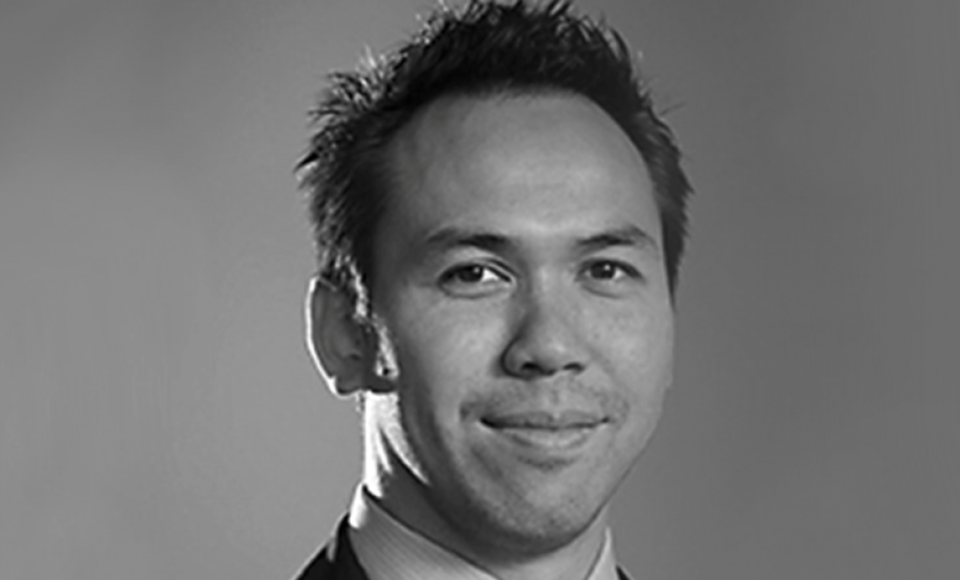"It is time to get on with the hearing."
That was the submission of B.C. Securities Commission executive director Peter Brady at yet another pre-hearing deliberation concerning illegal insider trading allegations stemming from the Bridgemark Group case of November 2018.
Over five years ago, the commission alleged a large group of consultants and their respective firms it called the Bridgemark Group committed transactions contrary to the public interest.
The latest hearing delay concerns the lack of retention of counsel on the part of respondent Anthony Kevin Jackson, the principal of BridgeMark Financial Corp. and Jackson & Company Professional Corp.
The commission originally alleged Jackson and other individuals and companies (the consultants) entered into consulting agreements with 11 public companies on the Canadian Securities Exchange and received prepaid consulting fees from those firms but performed little or no consulting work.
At the same time the consultants bought into over $50 million worth of private placements (company share purchases), obtaining shares that they quickly sold, often for a loss, the commission alleged in what amounted to the most expansive hearing notice it had issued in its history.
Since then the commission dropped the vast majority of the consultants from the hearing notice, with no explanation, but amended the original hearing notice to target four individuals, including Jackson, since alleged to have also committed insider trading, in addition to acts contrary to the public interest (the consulting contracts and share purchases).
The amended case has proceeded slowly, noted a Nov. 22 commission panel ruling that has further delayed the insider trading hearing to commence Feb. 20, 2024, when the panel should finally begin to hear the unproven allegations brought by Brady.
While Brady stated that he submitted disclosure for the amended hearing notice in May 2021 the panel has noted delays as a result of temporary order extensions, freeze order extensions, freeze order variances and a judicial review of some commission rulings, as well as reconsiderations arising from those reviews.
Last year, one of the four respondents, Justin Liu, applied to delay the planned fall 2022 start of the hearing because he parted ways with his lawyers and obtained new counsel. That application was granted and the hearing was pushed back to this fall.
In that time, two of the four respondents to insider trading allegations — Cameron Paddock and Robert John Lawrence — admitted to the violations and settled on a $200,000 fine plus 10 and three-year banishments from market participation.
That has left Liu and Jackson to stand before an administrative panel. Brady has previously alleged the two “are the primary architects of the cash-swap scheme and a distinct threat to our capital markets.”
As well, many of the originally named companies have admitted to or been found to have committed misrepresentations contrary to the B.C. Securities Act.
On Sep. 6, Jackson first filed a disclosure application and then on Oct. 3 an application with new “adjournment counsel” to push the hearing back further, according to the ruling.
Then, the panel noted, “On Oct. 27, 2023, Jackson attended the hearing management meeting without legal counsel and advised that Adjournment Counsel had not been retained. He repeated his desire to retain them and to adjourn the liability hearing to February 2024 for that to happen and for his new counsel to prepare for the hearing.”
According to the ruling, Jackson submitted that “the timing of the decision to terminate their relationship with Initial Counsel and to retain new counsel was precipitated by information and understanding that became available to them only in the week preceding the application.
“In particular, the Applicants indicated that in the previous week, they received new information about the potential sanctions that might be associated with the liability hearing which changed their perception of the risks and potential outcomes they might be exposed to and led them to the decision to change counsel.”
The panel noted this was Jackson’s first adjournment request and ultimately agreed to extend the dates into 2024.
“The allegations are complex, many documents are involved, and it will be more difficult for a lay respondent to represent himself at this hearing without a lawyer. These proceedings can result in significant consequences for the Applicants,” the panel ruled.


